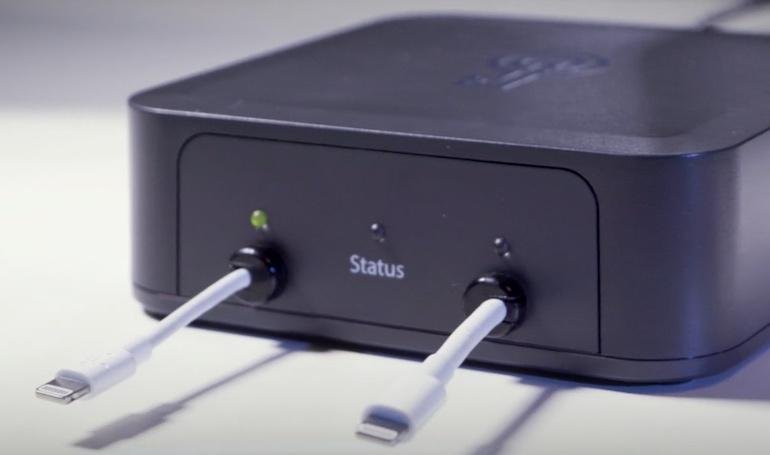A few years ago, the emerging company Grayshift broke into the mobile security market with the launch of GrayKey, a tool capable of unlocking almost any model of iPhone that became very popular among members of law enforcement in the United States. Finally, after a couple of years of unconfirmed rumors, company officials have confirmed that they will target the security of the Android operating system.
For now, the company will keep things simple, limiting itself to the Samsung S20 and S9 devices, although they hope to expand their efforts to other popular devices with this operating system soon.

The company only focused on unlocking locked iOS phones, obtaining multiple contracts with local and federal law enforcement agencies that generated millions in profits. Grayshift just signed an agreement to provide GrayKey to Customs and Border Protection, which will provide it with a substantial profit.
This new project not only stems from Grayshift’s intention to grow in the field of mobile hacking. The company also has the backing of U.S. law enforcement agencies, who want to break the strong encryption of these devices.
Last year, it raised $ 47 million in a fundraising campaign led by PeakEquity Partners. Its main competitor remains Cellebrite, a long-standing Israeli telephone forensics company, which has contracts with police and law enforcement agencies around the world.
In this way, the company expects these tools to provide legal access for iOS and Android devices. The costs for using GrayKey annually range from $ 10,000 to $15,000 USD, depending on the characteristics of the license: “Law enforcement agencies require efficient solutions like GrayKey, which will allow them to legally and efficiently access to multiple digital resources in favor of solving criminal investigations and presenting evidence,” says Davil Miles, co-founder of Grayshift.
While law enforcement agencies have solved multiple cases using tools like GrayKey, cybersecurity experts and privacy advocates consider this to be too powerful a technology to allow for discretionary use. A few months ago, experts from the non-governmental firm Upturn mentioned that these technologies could even be used unequally in terms of class and even racial, so it is urgent to regulate their use.
For further reports on vulnerabilities, exploits, malware variants, cybersecurity risks and information security courses fell free to visit the International Institute of Cyber Security (IICS) websites, as well as the official platforms of technology companies.

He is a well-known expert in mobile security and malware analysis. He studied Computer Science at NYU and started working as a cyber security analyst in 2003. He is actively working as an anti-malware expert. He also worked for security companies like Kaspersky Lab. His everyday job includes researching about new malware and cyber security incidents. Also he has deep level of knowledge in mobile security and mobile vulnerabilities.











